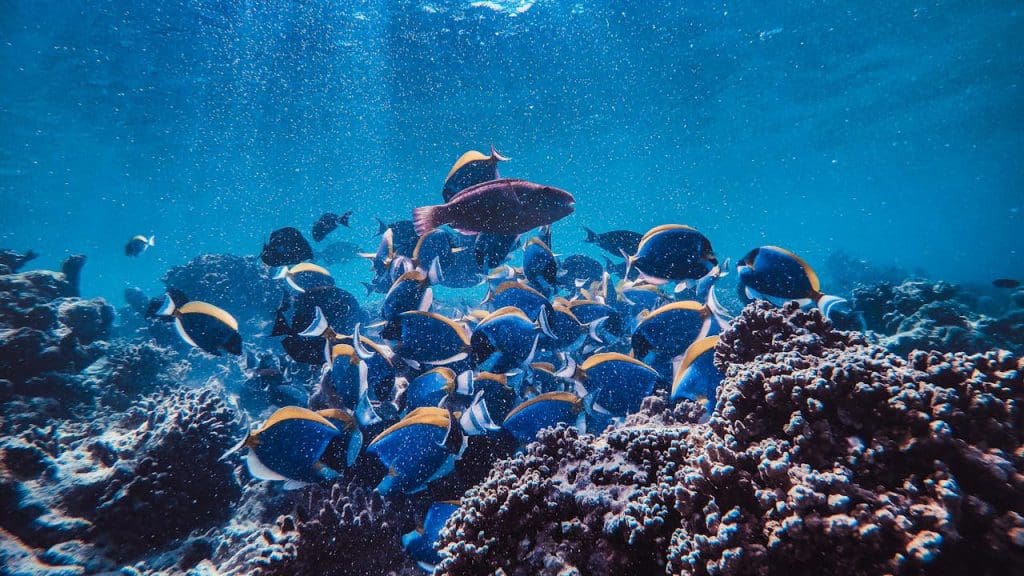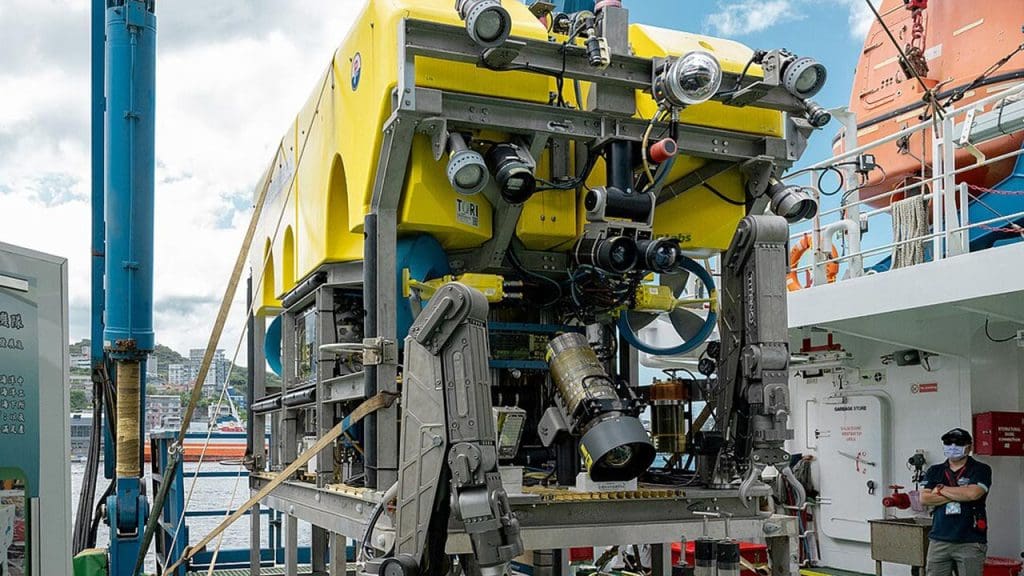
Scientists have recently uncovered perplexing forms of communication among marine life that suggest the presence of non-human intelligence in Earth’s oceans. This discovery could reshape our understanding of ocean ecology and the cognitive capabilities of marine species. By employing advanced technologies, researchers are beginning to decode these complex communication patterns, revealing a hidden world of interspecies interaction.
The Discovery of Unusual Communication Patterns

The initial discovery of these unusual communication patterns was a collaborative effort led by a team of marine biologists and oceanographers. They utilized cutting-edge technology to detect and analyze auditory signals from the depths of the ocean. With the help of AI-powered algorithms and sophisticated underwater recording devices, researchers identified patterns that deviated significantly from known marine communication.
Among the marine species exhibiting these behaviors are dolphins, whales, and certain species of fish. These creatures were observed using distinct sequences of clicks, whistles, and other sounds that suggest a level of complexity and purpose indicative of a form of language. The implications are profound, hinting at a sophisticated method of conveying information that was previously undocumented.
Deciphering the Ocean’s Hidden Language

Interpreting these signals has been a meticulous process, involving a combination of acoustic analysis and behavioral observation. Researchers have faced several challenges, primarily due to the vast differences between human and non-human communication methods. The ocean’s vastness and the myriad of species add layers of complexity to the translation efforts.
Despite these challenges, there have been potential breakthroughs in understanding the cognitive abilities of marine life. By drawing parallels with known intelligent species, scientists are gradually piecing together a framework that could explain how these creatures process and transmit information. This ongoing research promises to open new avenues for exploring the intelligence that thrives beneath the waves.
Implications for Marine Biology and Ecology

The findings have the potential to significantly alter current ecological models. By incorporating these newfound communication patterns, scientists can better understand the social dynamics and interactions within marine communities. This knowledge could lead to more effective conservation strategies, particularly for endangered species that rely on these communication networks.
In addition, these insights could influence policy decisions regarding marine protection and resource management. By acknowledging the complexity of marine life interactions, policymakers might prioritize the preservation of critical habitats and the minimization of human impact on oceanic ecosystems.
Comparative Analysis with Known Intelligent Species

There are striking similarities between the communication methods observed in marine life and those of other known intelligent species, such as primates and cetaceans. These parallels suggest that similar evolutionary pressures may have led to the development of complex communication systems in different environments. The evolutionary significance of these findings is profound, as it provides insights into how intelligence can emerge in diverse ecological niches.
Hypotheses on the development of intelligence in marine environments are still in their infancy, but the potential for groundbreaking discoveries is immense. By exploring these connections, scientists hope to gain a deeper understanding of the evolutionary pathways that lead to intelligence, not just in the oceans but across the planet.
Future Directions in Oceanic Research

As technology continues to advance, new methodologies are emerging for the exploration of oceanic intelligence. Innovations such as improved underwater drones, enhanced acoustic monitoring systems, and AI-driven data analysis are poised to propel research forward. Collaborative international efforts are also crucial, as they bring together expertise from various fields to tackle the complexities of marine communication.
The long-term goals for understanding and preserving oceanic intelligence are ambitious but achievable. By building a comprehensive knowledge base, researchers aim to not only decode the mysteries of the ocean’s hidden language but also to ensure the survival and thriving of its intelligent inhabitants. This endeavor holds the promise of unveiling a richer tapestry of life on Earth, one that is still largely undiscovered beneath the waves.